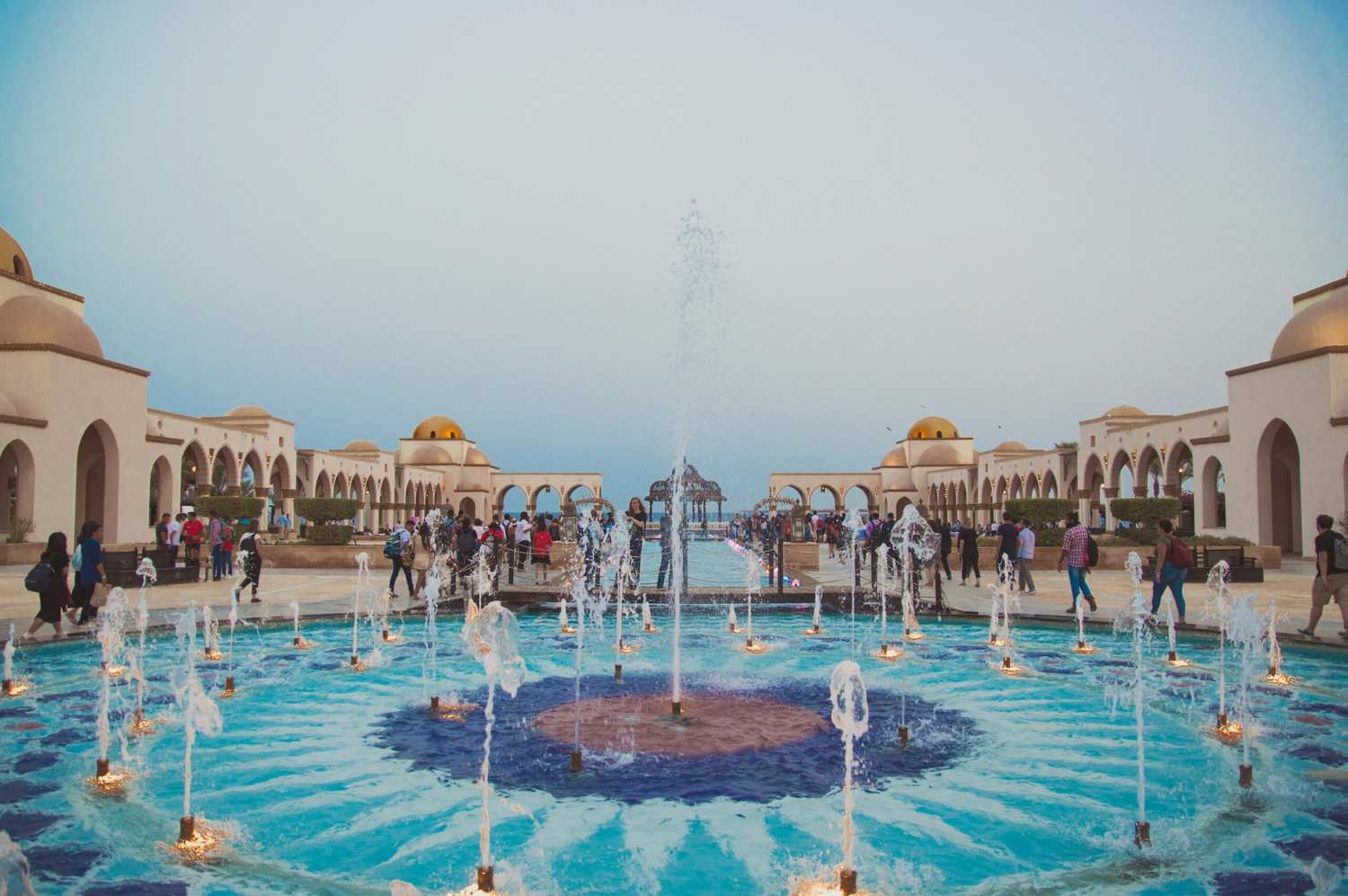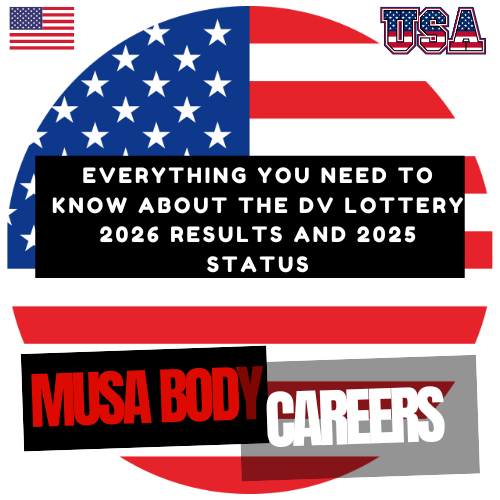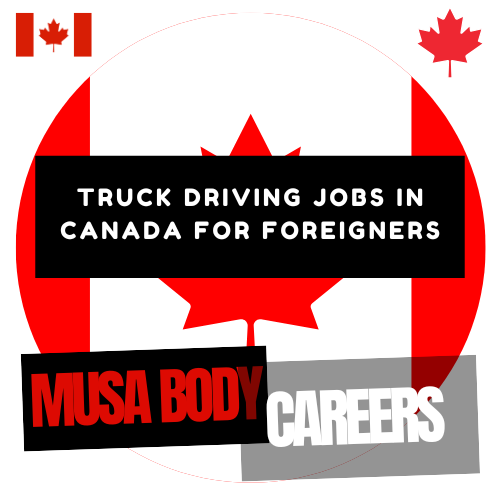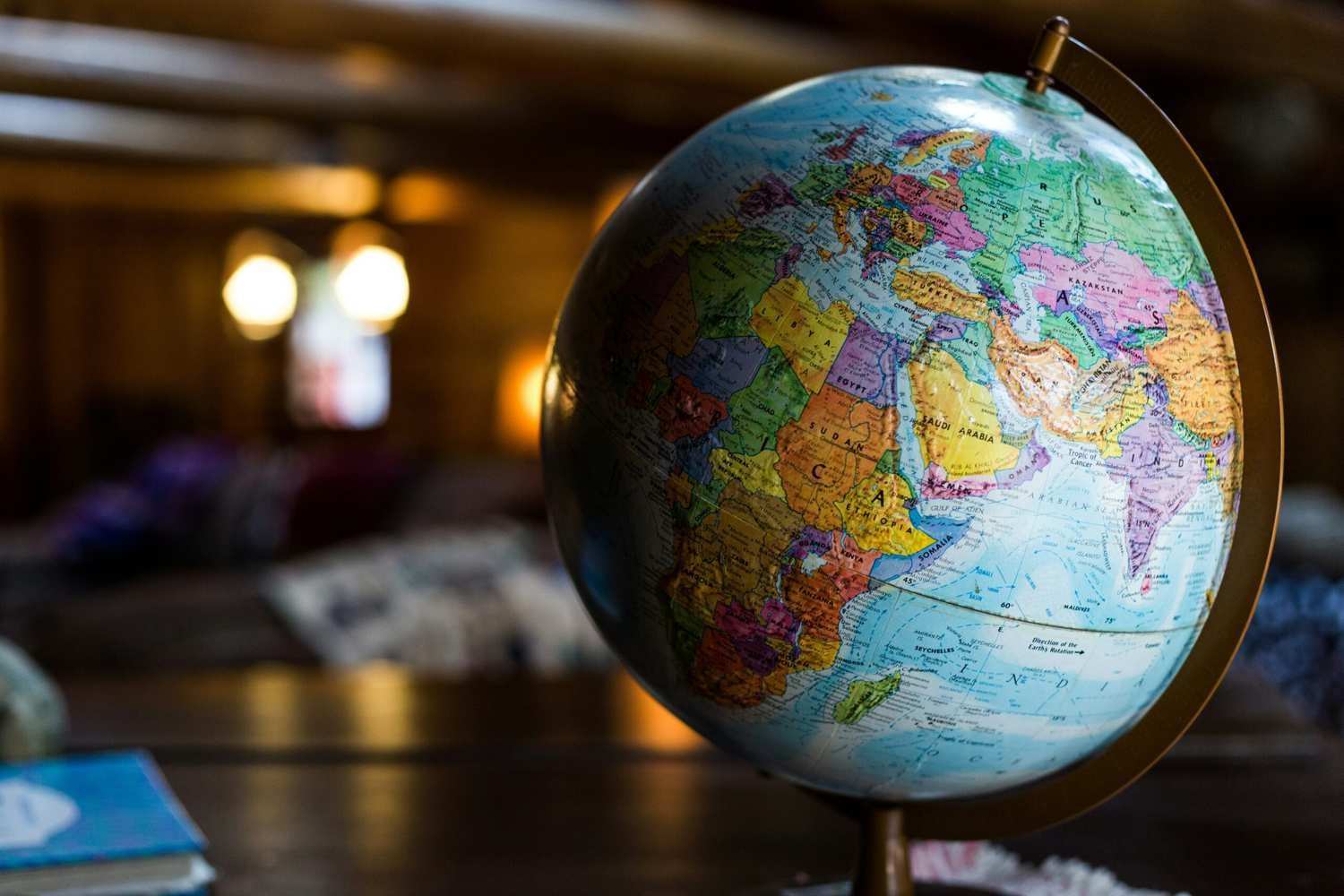Introduction to Attending Conferences Abroad
Attending international conferences offers immense opportunities for professional growth and development. These gatherings serve as a vital platform for networking, allowing professionals from diverse fields to connect, collaborate, and share insights. Engaging in conversations with peers and experts can lead to the formation of valuable connections that may inspire future research projects, partnerships, and career advancements.
Moreover, international conferences expose attendees to the latest research, innovative ideas, and cutting-edge technologies. Participating in these events enables professionals to stay abreast of developments within their field, fostering a deeper understanding of emerging trends and methodologies. This exposure not only enhances one’s knowledge base but also encourages critical thinking and the application of new concepts to one’s work.
Professional development is another significant benefit of attending these conferences. The experience provides an excellent opportunity to present one’s research, receive feedback, and refine presentation skills. Engaging with a global audience helps build confidence and competence, enhancing the professional profile of attendees.
However, attending an international conference involves careful planning and consideration, particularly in relation to logistical aspects such as purchasing a conference ticket and obtaining a conference visa. These two elements are crucial to ensuring a smooth and successful conference experience. A well-organized approach to buying a conference ticket and securing the necessary visa will allow attendees to focus on the enriching aspects of the event without unnecessary stress.
In the following sections, we will delve deeper into the process of buying a conference ticket and obtaining a conference visa, providing comprehensive guidance to help you navigate these essential steps with ease and confidence. By understanding the requirements and procedures involved, you can ensure a seamless journey to your next international conference.
Researching Conferences and Choosing the Right One
Choosing the right conference to attend is a crucial step that demands thorough research and due diligence. First, it’s essential to identify conferences that are directly relevant to your field of expertise or interest. This can be achieved through various avenues such as academic journals, professional associations, and online databases dedicated to listing conferences. Additionally, websites like Conference Alerts and Google Scholar can provide a comprehensive list of upcoming events tailored to specific disciplines.
Understanding the reputation of a conference is another vital aspect. A well-regarded conference typically has a history of successful events and is often organized by reputable institutions or professional bodies. To gauge the credibility of a conference, you should look for consistent themes, keynote speakers who are recognized experts in the field, and affiliations with respected organizations. Moreover, checking the conference’s impact factor or citation index can provide insights into its standing within the academic and professional community.
Validating the legitimacy of the organizers is equally important. Conducting background checks on the organizing committee, their previous events, and the conference sponsors can help you avoid fraudulent or poorly managed conferences. Reputable conferences often have transparent information about their organizers and a detailed history of past events on their official websites.
Reading reviews and testimonials from past attendees can offer valuable perspectives on the conference’s quality and relevance. Online forums, social media groups, and dedicated review sites can be rich sources of unbiased feedback. Reaching out to colleagues or industry peers who have attended the conference in previous years can also provide first-hand accounts of their experiences.
Finally, scrutinizing the conference agenda is crucial. A well-structured agenda that includes a mix of keynote presentations, panel discussions, workshops, and networking opportunities is indicative of a thoughtfully organized event. Pay attention to the topics covered and the credentials of the speakers to ensure that the conference aligns with your professional goals and interests.
Registering and Buying a Conference Ticket
Securing your spot at a conference begins with the registration process, which typically involves visiting the conference’s official website. Most conferences offer early bird rates that provide a discount to those who register well in advance. These rates are designed to encourage early commitment and can save attendees a significant amount of money. Additionally, many conferences offer group discounts for organizations or groups of professionals registering together. These discounts can be advantageous for companies looking to send multiple employees to the event.
When registering, it’s crucial to carefully read through the terms and conditions. These documents contain essential information about what is included with your conference ticket, such as access to specific sessions, workshops, or networking events. Understanding the refund policy is also vital. Refund policies can vary, with some conferences offering full refunds up until a certain date, while others may only offer partial refunds or none at all. Knowing these details can help prevent any surprises should your plans change.
Payment methods for conference registration are usually varied to accommodate different preferences. Most conferences accept credit card payments, but some may also accept bank transfers, checks, or even digital payment methods like PayPal. Ensuring that your payment method is accepted will streamline the registration process and secure your ticket promptly.
In the event that a conference is postponed or canceled, understanding the organizer’s policy is crucial. Many conferences provide options for transferring your registration to a future date or receiving a refund. It’s essential to keep all confirmation emails and receipts, as these documents may be required to process any changes or refunds.
By taking the time to understand the registration process, early bird rates, group discounts, payment methods, and the terms and conditions, you can navigate the process of buying a conference ticket smoothly and efficiently, ensuring that your conference experience starts on the right foot.
Understanding Conference Visa Requirements
Acquiring a conference visa is a crucial step for international attendees planning to participate in conferences abroad. The specific requirements for obtaining a conference visa can vary significantly depending on the host country and the applicant’s nationality. However, there are common elements and documents typically required across various nations that can help streamline the application process.
The type of visa required for attending a conference usually falls under either a business visa or a cultural exchange visa. A business visa is generally suitable for professional conferences, trade shows, or meetings that involve commercial activities. On the other hand, a cultural exchange visa may be more applicable for academic conferences, research symposiums, or events structured around cultural and educational exchanges.
One of the primary documents required for a conference visa application is an invitation letter from the conference organizers. This letter should detail the purpose of the event, the applicant’s role, and the dates of the conference. It serves as an official endorsement that the applicant is expected to attend the conference.
Another critical document is proof of registration for the conference. This can be a confirmation email, a receipt of payment, or an official registration certificate. Proof of registration validates the applicant’s commitment to attend the conference and is often requested by visa authorities.
Financial statements are also commonly required to demonstrate the applicant’s ability to finance their stay during the conference. These statements may include bank statements, a letter from an employer, or a sponsorship letter if a third party is covering the expenses. These documents assure the visa authorities that the applicant has sufficient funds to support their travel and accommodation needs.
Additional documents that might be necessary include a valid passport, recent passport-sized photographs, a detailed travel itinerary, and proof of accommodation. Some countries may also require a letter of employment or a no objection certificate from the employer, confirming that the applicant is permitted to travel for the conference.
Understanding these general requirements can significantly facilitate the conference visa application process. However, it is always advisable to check the specific visa guidelines of the host country to ensure compliance with all necessary conditions.
Compiling and Submitting Your Visa Application
When preparing to attend an international conference, compiling and submitting your visa application is a crucial step. Start by gathering all necessary documentation, which typically includes your passport, a recent photograph, proof of conference registration, and an invitation letter from the conference organizers. You may also need to provide evidence of financial stability, such as bank statements or a letter from your employer, and proof of accommodation during your stay.
Accurately filling out forms is essential to avoid delays or denials. Carefully read the instructions for each form, ensuring all fields are completed correctly. Double-check for any errors or omissions, as even minor mistakes can lead to complications. It is advisable to consult the embassy or consulate’s guidelines for specific requirements related to your visa type.
Once all documents are in order, submit your application to the appropriate visa processing center. This could be an embassy, consulate, or a designated visa application center. Some countries may offer online submission options, which can streamline the process. Make sure to pay any applicable fees and retain the receipt as proof of payment.
Supporting documents play a vital role in substantiating your visa application. These documents should provide a clear picture of your travel intentions and your ties to your home country. For instance, a detailed itinerary outlining your conference schedule and any other planned activities can be beneficial. Additionally, letters of recommendation or conference-related correspondences can strengthen your application.
It is imperative to keep copies of all submitted materials for your records. This includes copies of your application forms, submitted documents, and any correspondence with the visa processing authorities. These copies can be invaluable if any issues arise or if you need to reference them in the future.
By meticulously compiling your visa application and submitting it through the proper channels, you can increase your chances of a smooth and successful visa approval process, allowing you to focus on the enriching experience of attending your conference.
Preparing for the Visa Interview
The visa interview is a pivotal step in securing your conference visa. Proper preparation can significantly enhance your chances of success. It is essential to understand what to expect during the interview and how to present yourself effectively.
During the visa interview, consular officers will ask a series of questions to determine your eligibility for a visa. Common questions may include the purpose of your visit, details about the conference, your current employment status, and your ties to your home country. They may also inquire about your travel history and financial stability. Being honest and consistent in your responses is crucial, as any discrepancies can lead to delays or denial of your visa application.
Confidence plays a significant role in the interview process. Present yourself calmly and professionally. Make direct eye contact and answer questions clearly and concisely. Practicing your responses to common questions with a friend or family member can help you become more comfortable and articulate during the actual interview.
Appropriate attire is also important. Dress in business or business-casual attire to convey professionalism and respect for the process. First impressions matter, and a neat appearance can positively influence the interviewer’s perception of you.
Bringing all required documentation is another critical aspect of preparation. Ensure you have your passport, completed visa application form, conference invitation letter, proof of conference registration, financial statements, and any other supporting documents. Organize these documents in a clear folder or envelope to present them efficiently when asked.
In summary, thorough preparation for the visa interview involves understanding potential questions, practicing your responses, dressing appropriately, and bringing all necessary documents. By following these guidelines, you can approach your interview with confidence and professionalism, thereby increasing your chances of obtaining a conference visa.
Dealing with Potential Visa Issues
While applying for a conference visa, various challenges may arise that can complicate the process. One common issue is a delay in processing times. Visa applications can take longer than expected, especially during peak periods. To mitigate this, it is advisable to apply well in advance of the conference date. Regularly checking the status of your application online can also help you stay informed about any potential delays.
Another possible hurdle is the rejection of your visa application. Rejections can occur for several reasons, such as incomplete documentation, discrepancies in the information provided, or failure to meet specific eligibility criteria. If your application is rejected, carefully review the reasons stated in the rejection letter. Addressing these issues thoroughly can improve your chances if you decide to reapply. Additionally, consider seeking guidance from legal advisors who specialize in immigration law to better understand the grounds for rejection and how to rectify them.
Requests for additional information or documentation are not uncommon during the visa application process. This often happens when the consulate or embassy needs more details to verify your intent and eligibility. Responding promptly and accurately to such requests is crucial. Ensure that all supplementary documents are authentic and well-organized to facilitate a smoother review process.
Sometimes, despite your best efforts, complications might still arise. In such cases, reaching out for assistance can be beneficial. Conference organizers often have experience dealing with visa issues faced by international attendees and may offer support or provide necessary documentation that strengthens your case. Furthermore, consulting with legal advisors or immigration consultants can provide you with expert advice tailored to your specific situation.
In conclusion, navigating potential visa issues requires a proactive approach. By being prepared, seeking timely assistance, and meticulously addressing any concerns raised by the consulate, you can significantly enhance your chances of successfully obtaining a conference visa.
With your conference ticket in hand and visa approved, the final preparations are crucial to ensure a smooth and productive experience. First, book your travel and accommodation. Whether you’re flying or driving, confirm your transportation details and ensure your lodging is conveniently located near the conference venue. It is advisable to book as early as possible to secure the best rates and availability.
Next, create a detailed itinerary. This should include the conference schedule, session timings, and any networking events or workshops you plan to attend. Having a structured plan will help you manage your time efficiently and make the most of the opportunities available.
Packing appropriately is another vital step. Check the weather forecast for your destination and pack suitable clothing. Remember to include any professional attire required for presentations or formal events. Additionally, ensure you have all necessary electronic devices, chargers, and adapters, especially if traveling internationally. A checklist can be helpful to ensure you don’t forget any essentials.
If you are presenting at the conference, dedicate time to finalize your presentation. Practice your delivery, prepare any handouts, and ensure that all your materials are ready and easily accessible. It’s also wise to save copies of your presentation on a USB drive or cloud storage as a backup.
Double-checking all travel documents is imperative. Ensure that your passport, visa, conference ticket, and accommodation details are all in order and easily accessible. Keeping both physical and digital copies of these documents can save you from potential issues.
Lastly, have a contingency plan. Unforeseen circumstances can arise, such as flight delays or cancellations. Knowing your options, whether it’s alternative flights or nearby accommodation, can help mitigate stress and keep your plans on track.
By meticulously completing these final preparations, you can focus on maximizing the benefits and experiences of the conference without the worry of logistical setbacks.



















